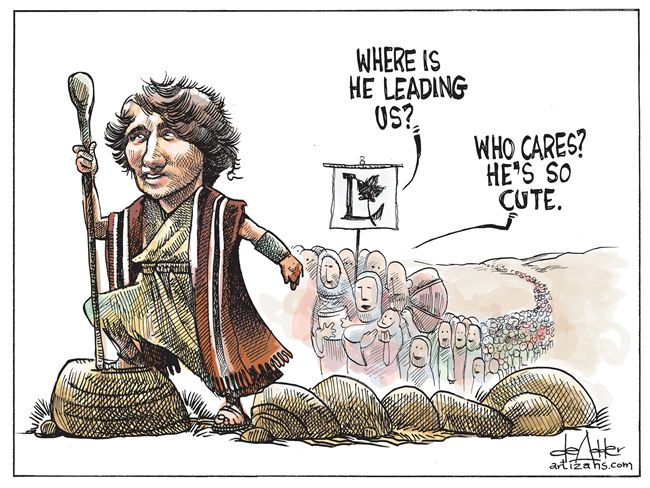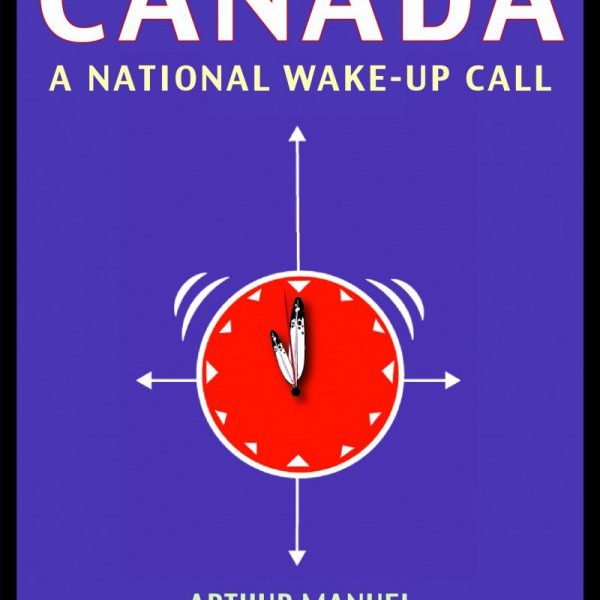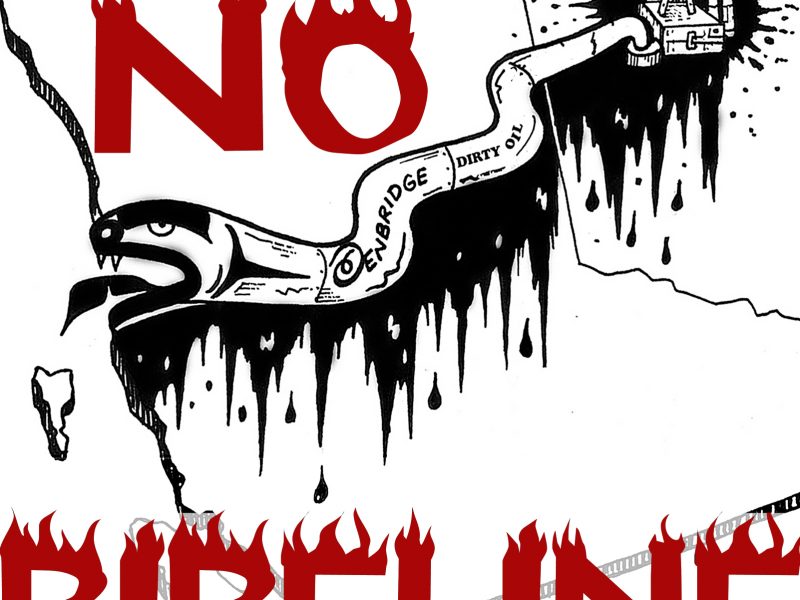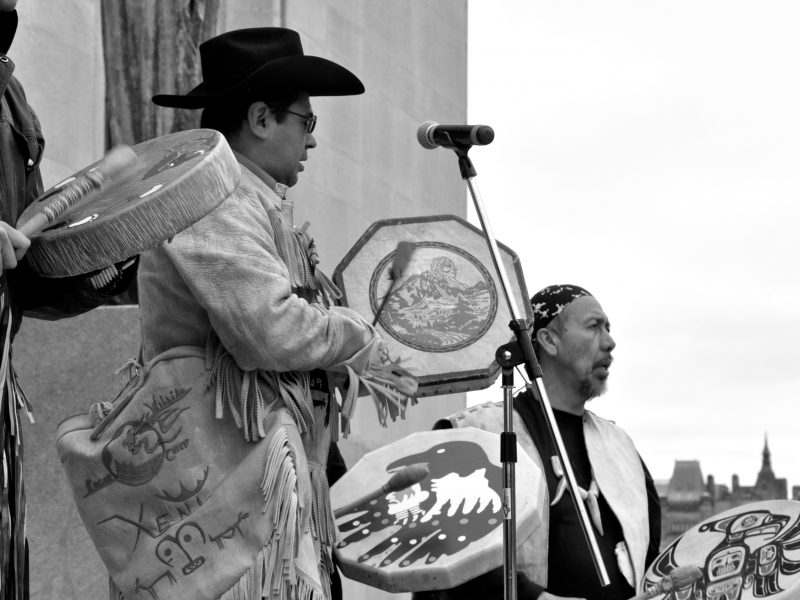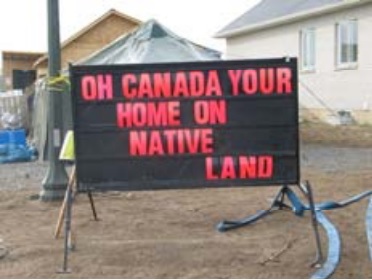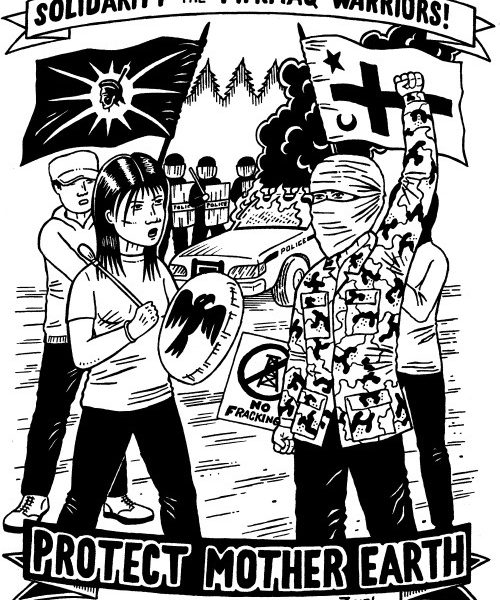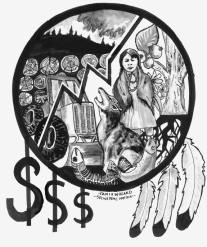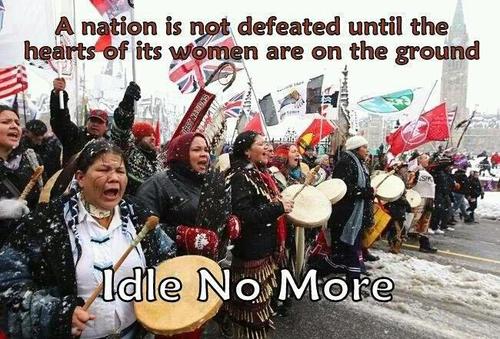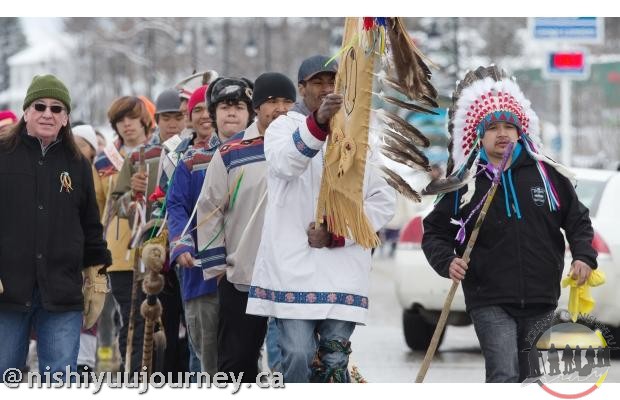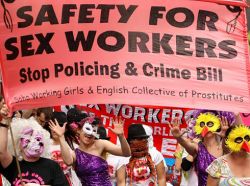by Maurganne Mooney
Toronto’s Indigenous Sovereignty and Solidarity Network organized a series of events during Indigenous Sovereignty Weeklast November, including a panel on The Criminalization of Indigenous People. We’re bringing you a series of three contributions adapted from presentations by Jules Koostachin, Maurganne Mooney, and Christa Big Canoe. This is the second article in the series. The article by Jules Koostachin can be found here.
Many people don’t really understand the current state of law with regards to sex work. I use the term sex work, not prostitution, because I view it as work. It’s a type of labour, and people engaged in that labour deserve as safe working conditions as anybody else.
Currently in Ontario it is legal to work in prostitution or in sex work. But until recently, the practices for staying safe were criminalized. It was a violation of basic human rights here in Canada.
